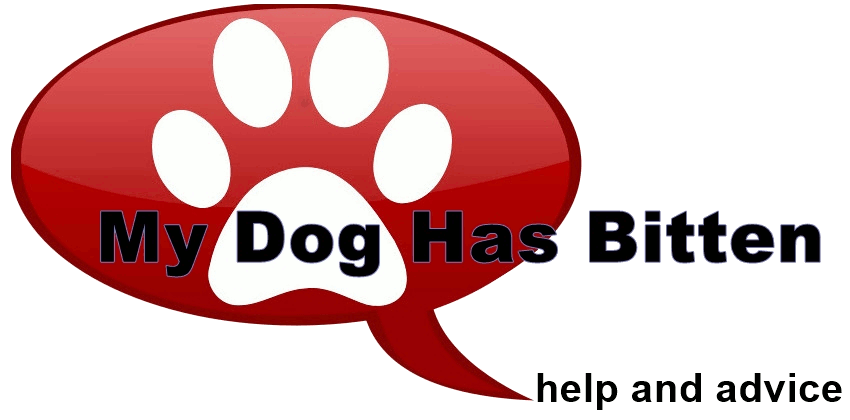
Dog Law, Dangerous Dogs, Civil Claims
We can refer you to specialist dangerous dog solicitors, barristers, freelancers, support groups, experts and more to help you through any dog law related incidents. It can be difficult to know where to go and how to get the best help. We can recommend companies and individuals we have personal experience with. We'll always give you free advice and pass on contact details for the best possible support for your case.
We can find you help for:
-
dog bite incidents
-
DDA 1991
-
1871 Dogs Act
-
BSL (banned breed) cases
-
puppy purchase and contract issues
-
neighbour disputes
-
custody and ownership disputes
ANY dog could be seized by police if it is alleged to have injured someone or there was reasonable apprehension it could do so.
The Dangerous Dogs Act (DDA) covers banned breeds and bites/injury (or the reasonable apprehension of injury).
The 1871 Dogs Act is a civil act and is sometimes used for dangerous dog offences.
Police have powers to deal with incidents without going to court but where there is injury, it is likely a court will have to decide how to punish the owner and/or the person in charge of the dog at the time.
The court has powers to issue either a Contingent Destruction Order (DDA) or a control order (1871) if satisfied the dog does not constitute a danger to public safety and measures can be put in place to ensure future safety. If not satisfied then a destruction order can be made. In most cases that can be appealed.
A dog can only be destroyed before a court case if the owner disclaims ownership to police (there is no legal obligation to do so) or if the court makes a destruction order (there is usually a right of appeal). A dog seized by police whilst an investigation is undertaken is held in secure kennels at a secret location.
In considering whether a contingent or control order can be made, the court also considers whether the owner of the dog is a "fit and proper person".
They decide if the owner respects the law and is likely to abide by any conditions, amongst other things.
Always get advice if you or your dog are involved in any incidents or you are the victim of an incident.
Remember, the law expects you to ensure nobody is injured by your dog, not that other people should take that responsiblity.
